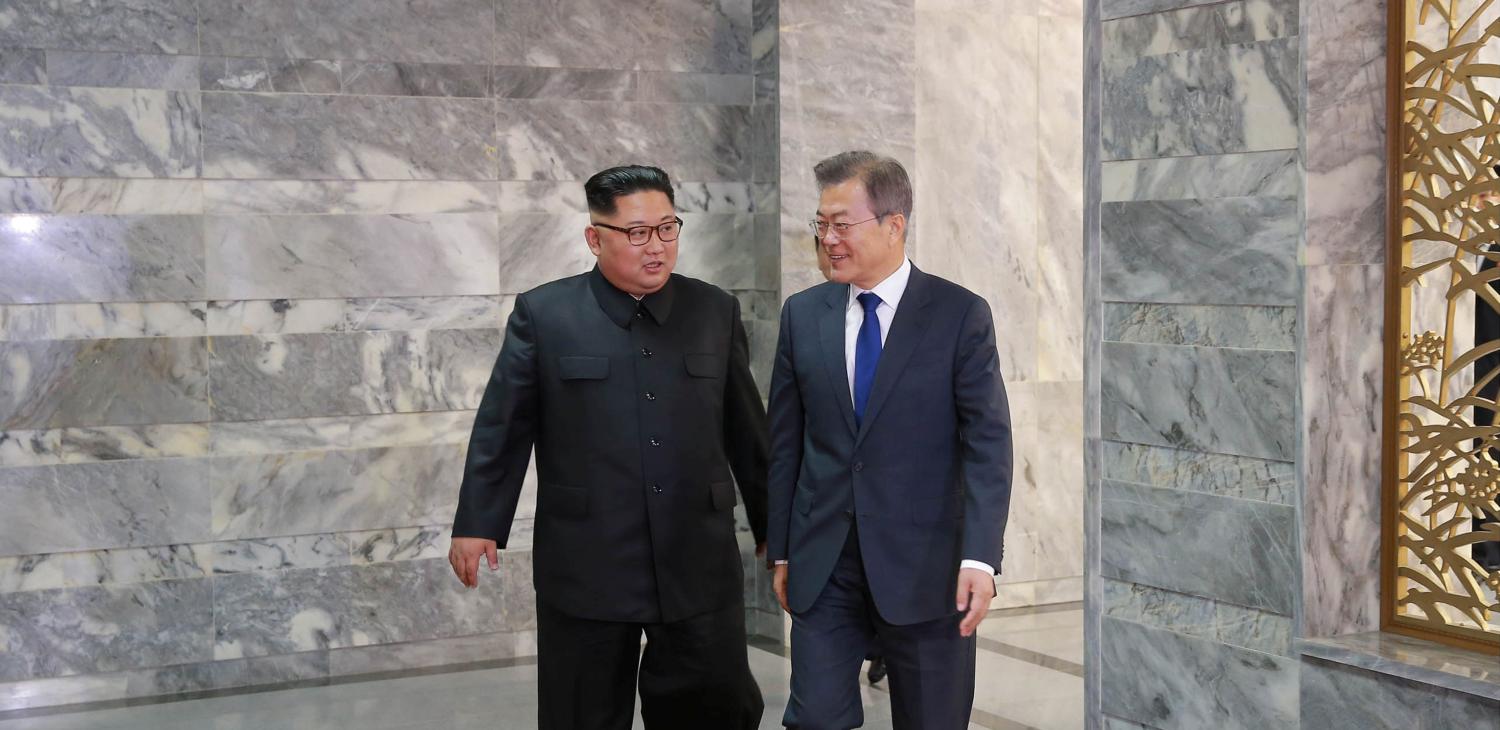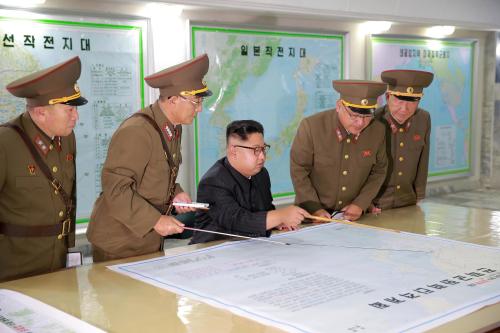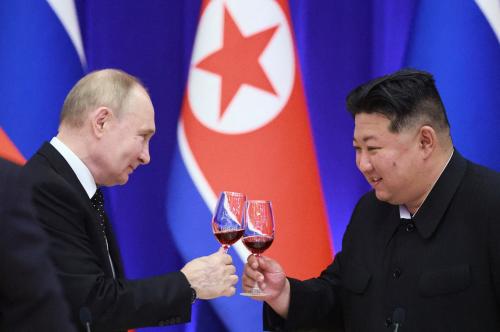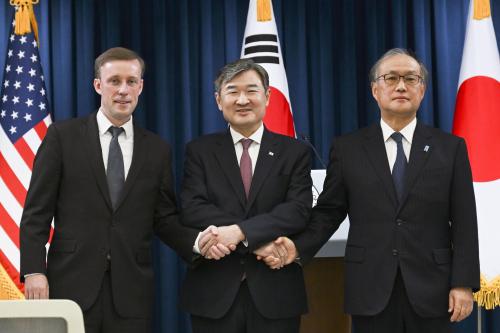This paper was presented at the 7th Brookings-Korea Research Institute for National Strategy (KRINS) joint conference, “Economic Cooperation with North Korea: Implications for the Sanctions Regime and Denuclearization,” in Seoul on January 16, 2019.
Executive Summary
This paper assesses some of the possibilities for economic cooperation between the ROK and North Korea, and the implications of any future cooperation for the sanctions regime and for denuclearization of North Korea. Economic engagement with North Korea is among President Moon Jae-in’s principal priorities in inter-Korean relations. Three questions should be at the forefront of any future steps the ROK might contemplate. First, are Seoul’s goals in economic cooperation with North Korea fully aligned with existing multilateral sanctions? Second, do the ROK’s goals in inter-Korean relations converge or conflict with the Trump Administration’s maximum pressure strategy, assuming that U.S. policy remains essentially unchanged? Third, in what ways would any future economic assistance to North Korea advance the larger goal of denuclearization, as claimed by the Blue House?
To date, the ROK has been insufficiently attentive to these core strategic issues, but it alone is not to blame. President Moon and President Trump have both been far too prepared to offer unilateral concessions to North Korea, and Kim Jong-un has been more than willing to pocket them. Both leaders seem ready to establish a “new normal” in relations with Pyongyang, but these efforts have little very little to do with denuclearization. Neither the ROK nor the U.S. should be pursuing this approach as a long-term strategy; the costs and risks far outweigh any presumed benefits.
A more effective course of action should be attentive to the vulnerabilities that North Korea confronts, and to weigh how these weaknesses could be utilized to the advantage of the ROK and the United States. This will require continued, close cooperation between Washington and Seoul, lest Pyongyang identify fissures that it can then employ in opportunistic ways. The goal of any policy approaches should be to sharpen the policy choices that North Korea confronts, not to make them easier.
North Korea’s pursuit of nuclear weapons and its repeated defiance of UN Security Council resolutions over more than a decade were the reasons underlying the imposition of multilateral sanctions. Regardless of the Moon Administration’s hopes for a very different relationship with North Korea, these cannot be used to justify policies that would legitimate North Korea as a nuclear weapons state, weaken the U.S.-ROK alliance, or undermine the international coalition opposed to the North’s nuclear weapons development.







